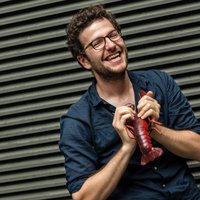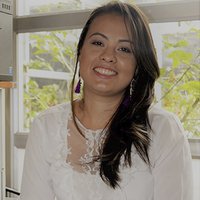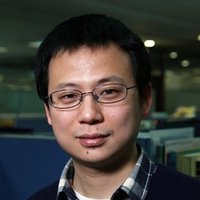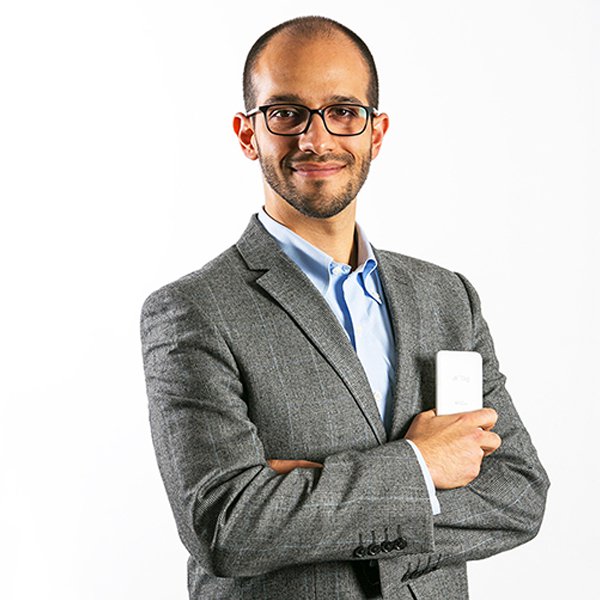The air around us is full of energy.
Invisible radio, television, mobile telephone and Wi-Fi signals are actually
electromagnetic waves that not only transmit information, but also carry small
amounts of energy that could be used to charge small devices, such as the
sensors and low energy consumption devices commonly used in the Internet of
Things (IoT). This is exactly what Mexican engineer Manuel Piñuela has achieved;
his new technology is able to recharge this type of battery from the energy
available in the environment. His company, Drayson Technologies, has already
launched its own line of health and environmental study IoT devices. For this
significant innovation, Piñuela has been chosen as one of the Innovators Under
35 Latin America 2017 winners by the MIT Technology Review, Spanish edition.
Background energy is practically omnipresent in the developed world. The main
barrier to taking advantage of it is its low intensity, especially when
compared to the energy needed to emit a signal. To solve this problem, Piñuela
has designed Freevolt, a system capable of harnessing this energy, if it has a
minimum density of 150 nW/cm2 (a figure more than 1000 times lower than the
maximum human exposure thresholds recommended by the European Union). A
rectifying circuit then efficiently converts the signal into direct current,
which is then fed into a power management module capable of delivering
sufficient power to trickle charge small batteries.
As an example, Freevolt technology could serve to power sensors that would not
even have to make use of the battery if the background energy levels were
sufficient. It can also be integrated into wearable technology, consumer
electronics and IoT sensors. In fact, the company's own air quality sensors
already incorporate them. The company also licenses Freevolt's technology to
other developers for integration into their hardware.
Freevolt came about during Piñuela’s doctorate at Imperial College London
(United Kingdom). Previously he had worked in the oil industry in Texas (USA).
There he realized the importance of distributed sensor networks and the
advantages of IoT, but he also came to the following conclusion: "It’s easy
to have sensors, but powering them up and getting the data out of them is
difficult and sometimes even dangerous."
Piñuela had the opportunity to present his product at an event organized by the
institution's technology transfer office. Among the guests was investor Lord
Paul Drayson, who, among other positions, was formerly Science Minister in
British Prime Minister Gordon Brown’s cabinet. Drayson was so impressed by the
technology that he immediately met with Piñuela to plan to set up a company.
Thus, Drayson Technologies was born, named after him and with Piñuela in charge
of business growth.
Due to the success of his Freevolt system, Piñuela is working on increasing the
possible applications of its IoT hardware. He is also developing an artificial
intelligence system that manages the energy needs of sensor networks
autonomously. The main goal of the company is to implement the technology in
the health sector, both for the continuous monitoring of people at home, and to
make hospital management more efficient. He explains: "Our products will
garner so much information that we will be able to personalize specific
treatments for every patient". In his opinion the combination of IoT, big
data and AI will lead to "discoveries about areas of health
improvement" for individuals.
The Innovators under 35 Latin America 2017 jury members agree in their
assessment of both the technical excellence and the commercial value of
Piñuela's work. Co-founder and director of Emprear, Luis Nantes, stresses that
"the advances in the area of background energy capture open huge
opportunities for value creation." For his part, Associate Professor of
Telecommunications at the Universidad Europea de Madrid (Spain) Víctor Padrón
emphasizes the originality of the Mexican engineer’s invention, as well as
"the important social impact the development of sensor networks that
monitor the health of people and the environment could have".




